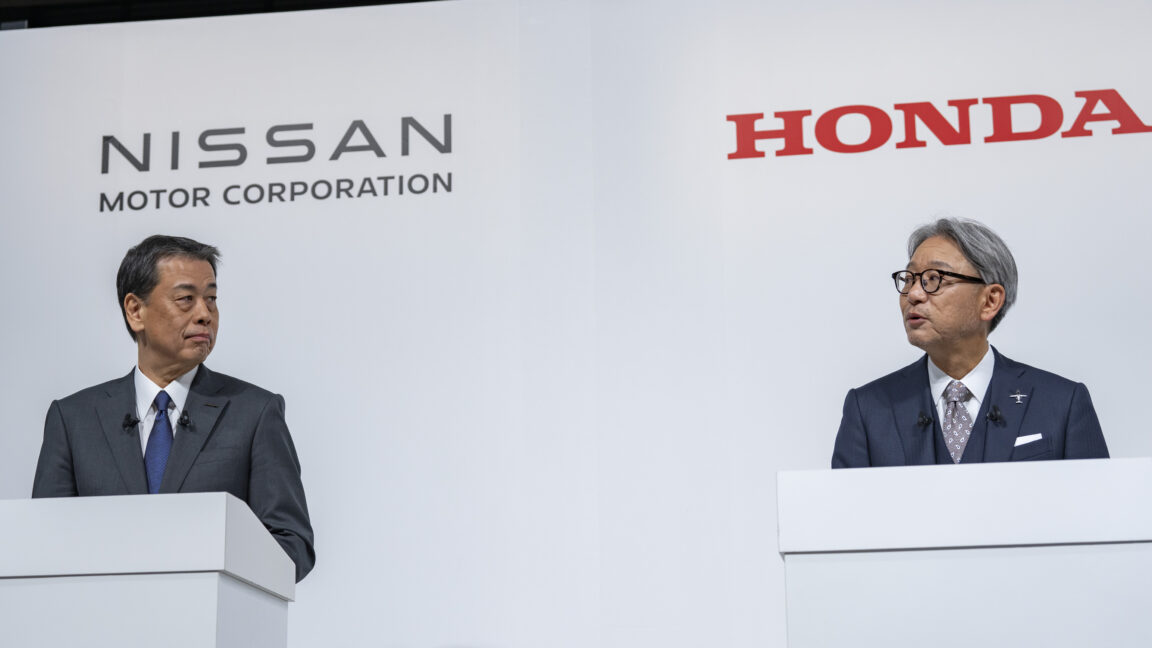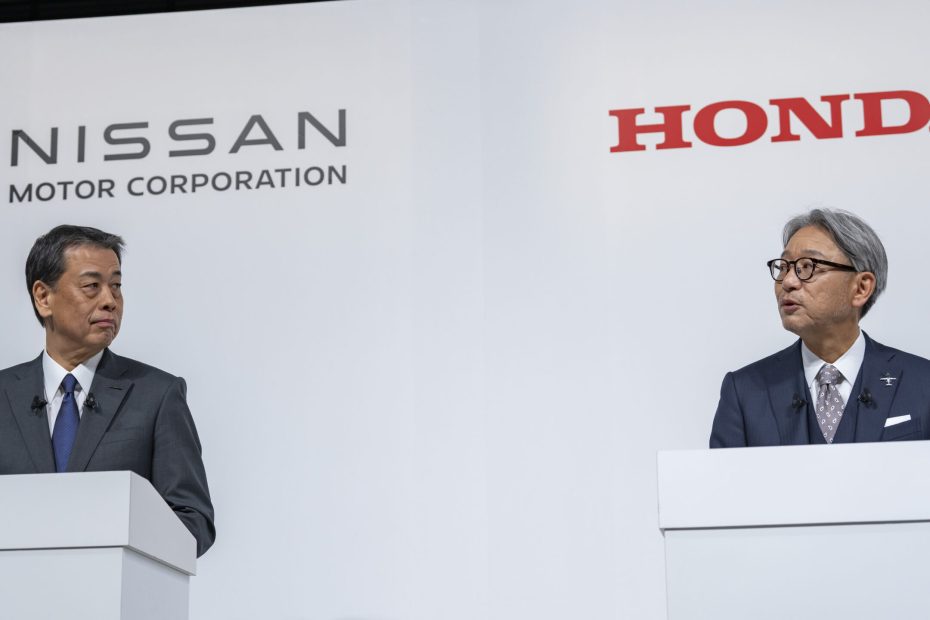
In 2019, then-head of the alliance Carlos Ghosn was arrested by Japanese police on charges of financial misconduct. After three months of house arrest, Ghosn fled the country and Japan's criminal justice system, which rarely delivers an innocent verdict.
What about Renault, Mitsubishi?
Last year, Nissan agreed to invest $663 million in Renault's EV business; at the same time, Renault gave up the majority of its shares in Nissan, reducing the stake of one company owned by the other to 15 percent. This should lead to 'a broader range of EV products and powertrains', Uchida said at the time. But apparently it was decided that this arrangement was not enough to improve Nissan's portfolio of electric vehicles.
Mitsubishi says it will monitor the situation and decide at a later date whether or not to join. Meanwhile, Renault said in a statement that “Renault Group, as the majority shareholder of Nissan, will consider all options based on the best interests of the Group and its stakeholders. Renault Group continues to execute its strategy and roll out projects that create value for the Group, including projects already launched within the Alliance.”
Assuming nothing throws a spanner in the works in these specific works, the deal will be completed in June next year, with the new holding company for the two OEMs set to be established in August 2026. Honda will take control of the new company, largely due to its larger market capitalization. But Mibe said the real proceeds from the merger would not be realized until after 2030. The hope is that shared development costs and increased purchasing scale will help reduce costs, but both companies will continue existing partnerships like the one between Honda-GM. also.
We can expect more shared vehicle platforms between Honda and Nissan, as well as deeper collaboration in the R&D phase. But there are also plans to optimize production, including facilities, and integrate supply chains and even sales financing to find cost savings and efficiencies.

